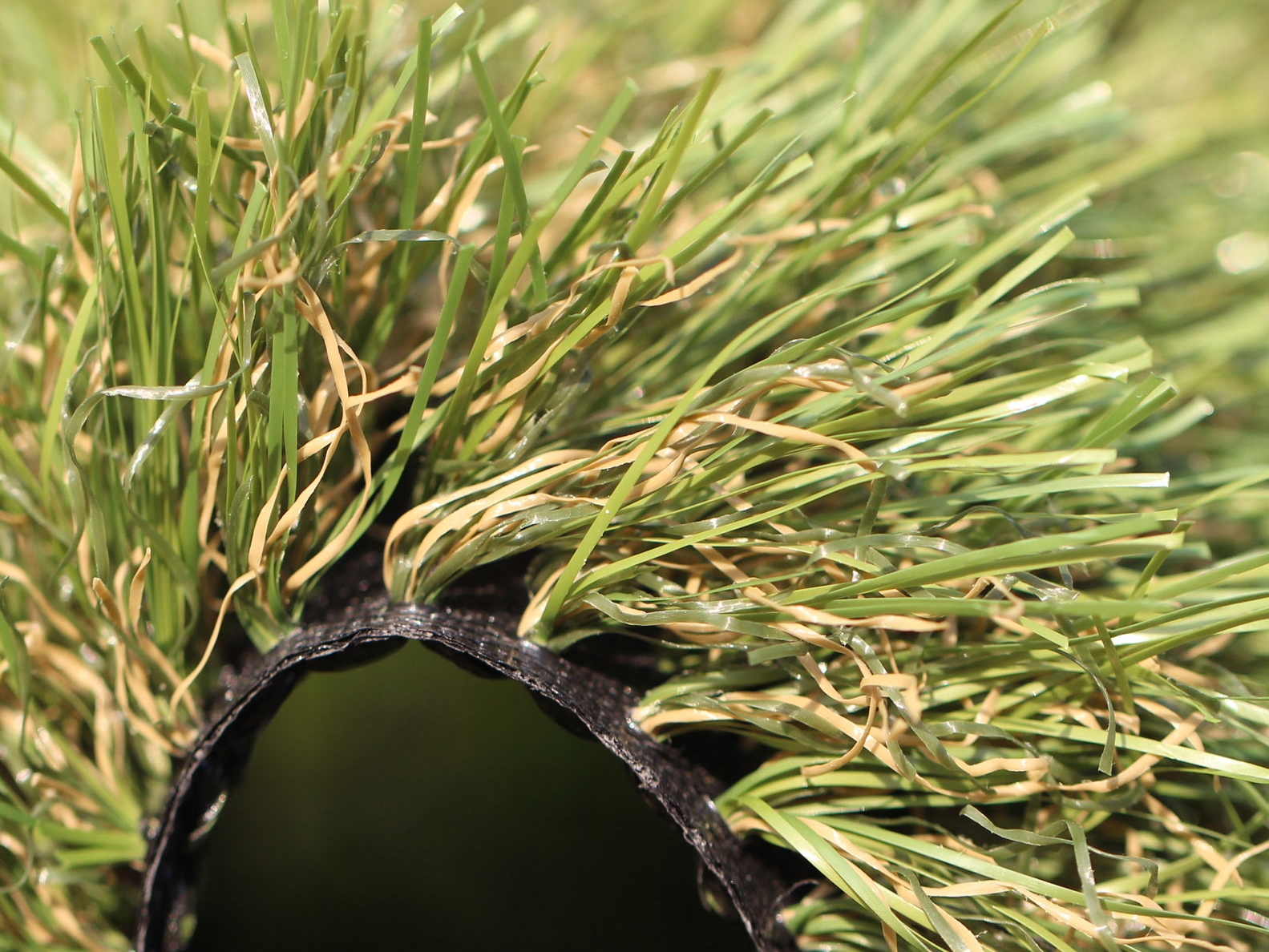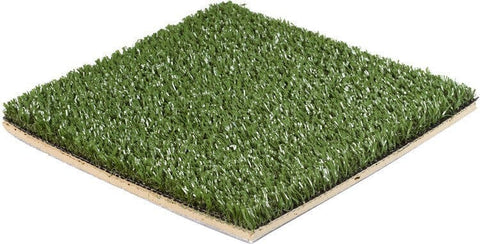Premier Phoenix Turf Companies Delivering High-End Synthetic Lawn Solutions
Premier Phoenix Turf Companies Delivering High-End Synthetic Lawn Solutions
Blog Article
Explore the Environmental Perks of Opting for Artificial Lawn Solutions
The fostering of synthetic grass remedies presents an engaging chance to attend to pressing ecological difficulties. By considerably lowering water use and minimizing the application of harmful chemicals, these choices not only promote lasting landscape design however additionally secure local communities. Furthermore, the lower carbon impact connected with lowered maintenance activities adds to an extra lasting method to land monitoring. Nevertheless, the effects of these advantages extend past simple conservation initiatives, increasing concerns regarding their long-lasting impact on habitat preservation and overall environmental equilibrium. Discovering these measurements reveals an intricate interaction worth considering.
Water Conservation Perks
Among the most significant benefits of artificial turf is its capacity to conserve water. Standard yard yards call for considerable watering, especially in locations susceptible to drought or water constraints. On the other hand, artificial lawn does not require watering, dramatically lowering the general need for water sources. This feature is particularly useful in deserts where water scarcity is a pushing problem.
By eliminating the requirement for normal watering, fabricated lawn contributes to sustainable landscape methods and aids minimize the ecological impact of extreme water usage. The conservation of water prolongs to the reduction of runoff, which can lead to dirt erosion and river contamination.
In addition, the installation of synthetic grass permits municipalities and homeowners to designate water sources extra successfully, concentrating on essential uses such as alcohol consumption water and farming. The change towards synthetic grass not only advertises liable water use however likewise aligns with wider environmental goals intended at maintaining natural deposits.
As neighborhoods increasingly prioritize sustainability, the water preservation benefits of artificial turf offer a compelling situation for its adoption in commercial and property landscape design tasks.
Lowered Chemical Usage
The change to synthetic grass significantly decreases the reliance on chemical therapies frequently made use of in natural grass upkeep. Typical grass monitoring usually entails the application of pesticides, plant foods, and herbicides to advertise growth and control insects. These chemicals can pose threats to human wellness, regional wild animals, and the environment, adding to dirt and water contamination.
In contrast, man-made lawn gets rid of the need for these hazardous substances. By decreasing the launch of synthetic compounds right into the environment, artificial turf promotes much healthier soil and water systems.
In addition, the lack of chemical runoff related to fabricated grass installations aids safeguard neighborhood rivers from pollution, supporting marine life and maintaining biodiversity. Phoenix turf companies. As communities significantly focus on sustainable practices, opting for synthetic grass presents a feasible remedy that straightens with environmental preservation goals. With this change, homeowner can delight in lush eco-friendly spaces without compromising eco-friendly health and wellness, leading the means for an extra sustainable future
Reduced Carbon Footprint

Moreover, the setup of fabricated lawn can cause considerable water conservation. All-natural lawns need considerable amounts of water for irrigation, which not just includes to the carbon impact associated with water removal and therapy however likewise strains local water sources. In comparison, synthetic grass needs very little webpage maintenance, calling for no watering, thereby dramatically lowering water usage and its linked energy prices.
Additionally, the longevity of synthetic grass adds to its lower carbon impact. With a life-span of as much as 15 years or more, the requirement for frequent replacements is lessened, resulting in less waste and reduced power intake in manufacturing and dealing with standard yard choices. In general, artificial grass offers a lasting choice for ecologically aware landscape design.
Environment Conservation
Habitat conservation is a critical consideration in the debate over landscape design selections, particularly when comparing synthetic grass to natural yard. Natural turf yards commonly require comprehensive upkeep, including making use of chemicals, fertilizers, and herbicides, which can detrimentally influence regional environments. These chemicals can seep into the dirt and waterways, hurting native flora and fauna and interrupting regional habitats.
Synthetic grass gets rid of the demand for unsafe chemicals, therefore safeguarding close-by wildlife and maintaining the integrity of bordering environments. The installation of man-made grass can lead to the conversion of previous lawn areas right into even more biodiverse landscapes, such as pollinator gardens or indigenous plant areas, which can sustain regional wild animals.
Eventually, the transition to artificial grass not only preserves water and decreases upkeep initiatives however also promotes a much more harmonious partnership in between human tasks and the native environment, advertising habitat conservation at the same time.
Long-Term Sustainability
Lasting sustainability is an essential consider assessing the try here benefits of synthetic grass over conventional grass yards. Among the most significant benefits of man-made turf is its sturdiness; it can last approximately 15-20 years with marginal upkeep, whereas all-natural lawn needs regular reseeding and replacement. This long life reduces the demand for constant resources, such as water, plant right here foods, and pesticides, which are important for preserving a healthy yard yard.
In addition, synthetic grass contributes to a reduction in carbon exhausts connected with grass care devices. Conventional lawns usually call for gas-powered mowers, trimmers, and blowers, all of which contribute to air contamination. Phoenix turf companies. In contrast, synthetic grass gets rid of the need for such devices, promoting a cleaner setting
Moreover, the production of synthetic grass increasingly uses recycled products, improving its sustainability account. As manufacturers embrace green practices, the ecological footprint of fabricated lawn proceeds to reduce.

Verdict
The adoption of synthetic lawn solutions provides substantial environmental advantages, consisting of substantial water conservation, lowered dependence on dangerous chemicals, and a lower carbon footprint. Moreover, synthetic grass aids in preserving all-natural environments by reducing land disturbance and promoting lasting sustainability through using sturdy products. Jointly, these aspects underscore the potential of synthetic grass to add favorably to ecological health and wellness and provide a viable option to conventional landscaping techniques in an increasingly resource-conscious world.
In comparison, artificial lawn does not require watering, considerably minimizing the overall demand for water sources. By lessening the launch of artificial compounds into the ecological community, man-made turf promotes healthier soil and water systems.
In addition, the installation of synthetic grass can result in significant water preservation. In contrast, fabricated lawn requires marginal maintenance, requiring no watering, thus considerably decreasing water usage and its associated power expenses.

Report this page